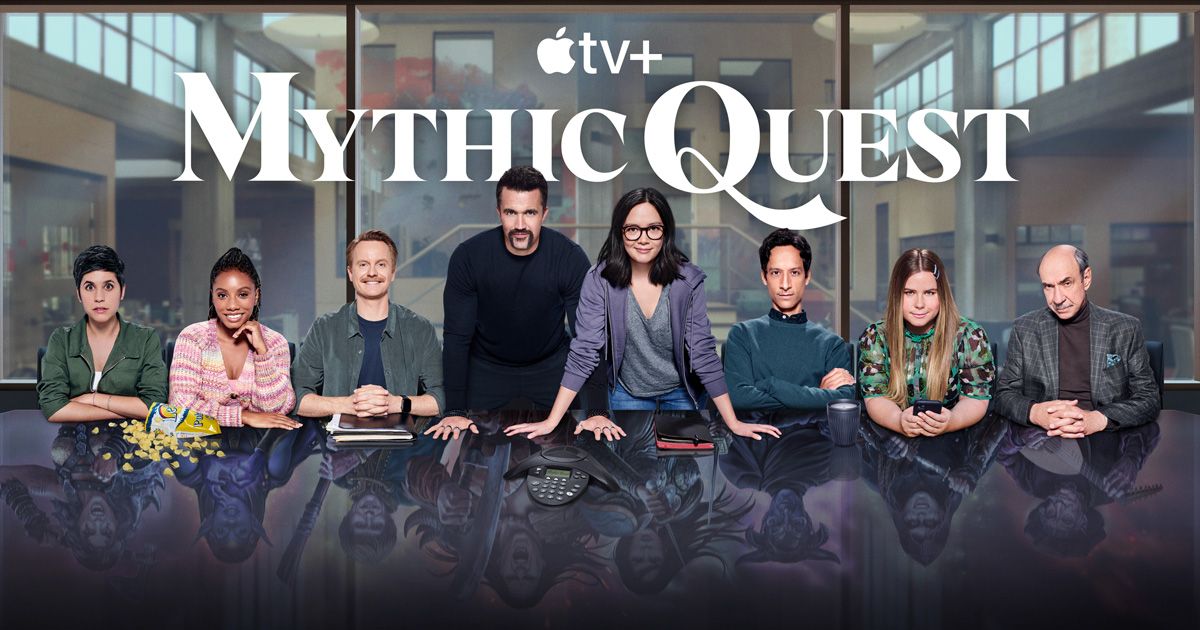
The Equalizer 3 (2023) - Movie Review
- Sep 6, 2023
In a striking departure from his recent performance as the deeply flawed Lord Macbeth, Denzel Washington adopts a contrasting persona in the latest installment of the Equalizer series. Under Joel Coen's direction, Washington had embodied Macbeth as a crumbling, aged warrior overtaken by inner turmoil. In stark contrast, his role as Robert McCall, a retired marine and covert agency operative, confronts and ultimately defies the damaging impact of time. Here, Washington has the opportunity to refute the notion that age inevitably corrodes a man's vitality. He morphes into a hero by virtue of his lethal abilities.
See Also: Jailer (2023) - Movie Review
Belying his years, McCall is an extraordinary physical specimen. He is fully capable of holding his own against antagonists who are generations younger. The film makes a point to showcase his tactical ingenuity, creating an aura of omniscience around him. Even in more personal moments, such as his casual interactions with a much younger waitress at his frequented café, McCall seems the epitome of capability. While a subplot briefly introduces vulnerability via a cane he must use due to an injury, the film combats the frailty associated with aging through bursts of kinetic action.
Director Antoine Fuqua seeks to infuse Washington’s character with a depth that borders on Shakespearean. McCall is morally complicated. He is a man who employs violence selectively-only against those who truly merit it-and who struggles with the ethical ramifications of his actions. Yet, despite McCall's personal conflicts about violence, the movie itself seems to revel in it. Studded with in-your-face product placements, particularly luxury American vehicles incongruously driven by Italians, the movie takes a near-gleeful approach to visual gore. Cinematographer Robert Richardson assists in capturing every shocking detail, from splattering blood to facial impalements.
After a mission goes awry, McCall finds refuge in an idyllic Sicilian town that's being threatened by the mafia. Captivated by its charming inhabitants, McCall decides to rid the community of its criminal elements. The film's portrayal of Italian rural life is resplendent with clichés. Yet, it's affectionate, filled with jovial fishmongers and quaint hat sellers. A historic church looms in the background. It serves as both a metaphor for resilience and a setting for a climax that tries, to examine questions of morality and sin.
Washington's on-screen chemistry with Dakota Fanning, who plays a novice CIA agent, is another notable element. Although the script is fraught with awkward moments-including Fanning's rather conspicuous attire as an undercover agent-the rapport between the two offers a nostalgic echo of their earlier work together. However, a less commendable aspect is the film's subtle but palpable conservative streak. Especially when it makes offhand references to unspecified Middle Eastern terrorists, thereby casting a shadow on an otherwise straightforward narrative.
In this installment, Washington's McCall stands as a guardian of old-world values. His manners and philosophies serve as a rebuttal to the perceived impertinence of younger generations. For all the violence he metes out, McCall remains a purveyor of decency and respect.
Washington brings a sense of enjoyment to this role, interspersing gravity with moments of lighthearted humor. His contribution succeeds in lifting the movie above the domain of a run-of-the-mill action thriller. This reinforces his position as one of Hollywood's enduring leading men. It's not just his physicality that captivates; it's also his skillful use of non-verbal cues. For example, his powerful stares and nuanced smiles, which almost overshadow every other component of the film.







